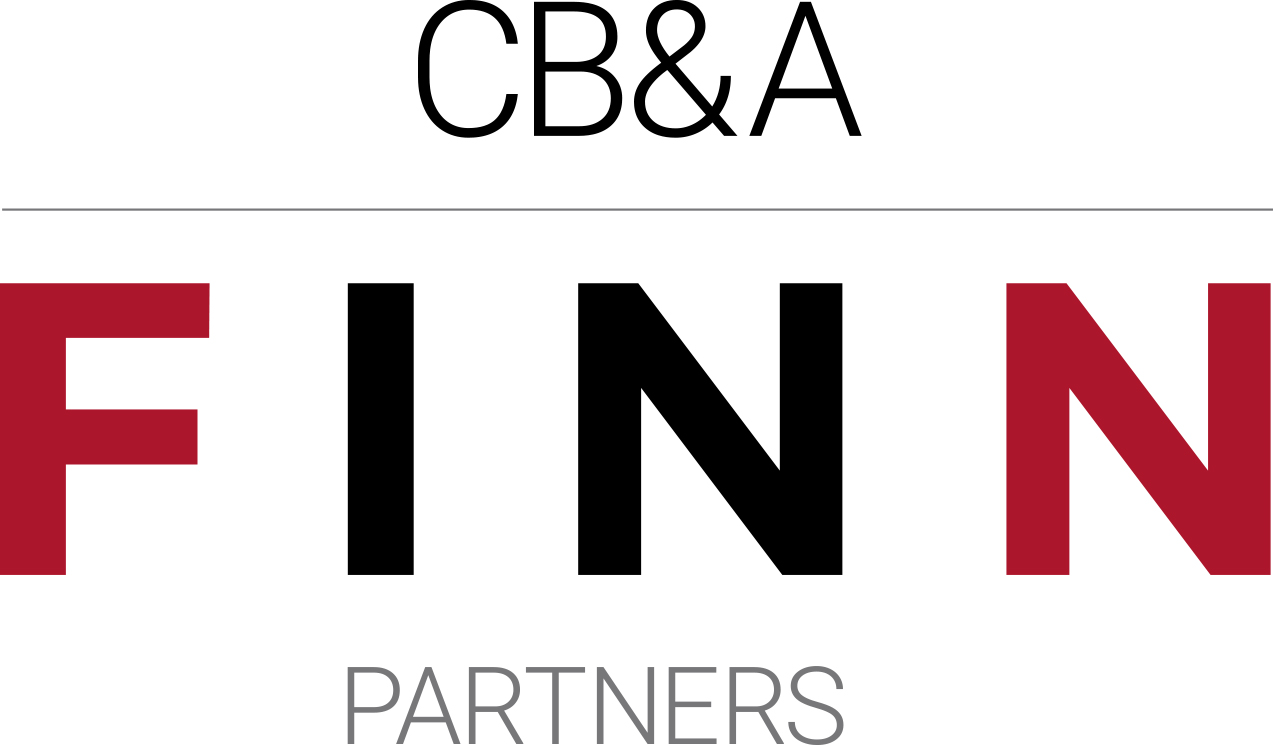
Negative comments are inevitable – whether or not your company is engaged in social media. At some point, if they haven’t already, people will post unfavorable remarks about your company somewhere online.
Fear of negative comments often holds companies back from using social media, but moving quickly to address such comments is a primary reason why companies should engage in social media. In an earlier post, I listed reasons why companies blog. Reputation management and improving customer relationships are two key benefits of corporate blogging, and of corporate involvement in other social media. The benefits far outweigh the risks.
If your company starts to build an online following now (if you haven’t done so already), and develops deeper relationships with customers and others through social media, the company will be better positioned to address negative comments when necessary, and to minimize their impact on it’s reputation and revenue. In most cases, negative comments offer the opportunity to learn and improve, engage in meaningful conversation, or correct a mistake.
Tips for Handling Negative Comments
If you learn to deal with the negative comments, you can let go of the fear and seize opportunities to generate positive feedback and develop strong relationships with target audiences. Here are some tips for addressing negative comments:
- Continually monitor online conversations for mentions of your company, product or service, and key executives. This will enable you to respond quickly to queries for information, to head off potential crises, and to correct misperceptions and errors.
- Be proactive. Conduct a critical assessment of your company’s products, customer support, and other areas and make improvements where necessary before issues arise and are exposed online.
- Typically, detractors want a company (or the representative) to improve the product or address their concern, so acknowledge their point of view, and get them involved in providing solutions. After they see the effort the company has made, they could become your advocate.
- Word travels swiftly on social networks, so respond quickly, particularly during a crisis. Having an online presence (e.g., a blog or Twitter account) enables a company to address a situation immediately, and to share its actions with key audiences before misperceptions and incorrect information circulate widely. A slow response can damage a company’s reputation.
- Assign an employee to moderate comments on the company blog, wiki or online community. Do not delete negative comments, it will only aggravate the commenter, or move the conversation elsewhere. Do block users who abuse the site, and remove inappropriate comments (i.e., racist, derogatory, pornographic, etc.), or ones that are too far off-topic.
- If negative comments are posted on the corporate blog, wiki or online community, consider it an advantage. You’ve been alerted to a concern or issue in a space where the company can easily respond and control the messaging, rather than having it bubble up elsewhere on the Web, where it may take longer to spot.
- Some comments do not warrant a response. For example, “trolls” are Internet users whose primary goal is to incite arguments and trash brands. In these cases, responding only exacerbates the situation, prompting the troll to continue. Evaluate these situations on a case-by-case basis.
The Domino’s Pizza social media crisis and a case study on two airlines’ Twitter use – or lack thereof – provide important lessons on effective ways to engage in social media, and to handle negative comments online.
For more suggestions on managing negative comments and addressing executives’ concerns over social media, we recommend “The CEO’s top five fears of social media” by Yvonne Tocquigny and “What Social Media Isn’t” by David Finch.
Navigating the world of social media is complex and ever changing. Talk with your communications counsel or in-house expert to develop social media strategies, set goals, and measure results to ensure success.
Do you have examples of how you turned a negative comment into a positive situation, or lessons learned that you’d like to share?
